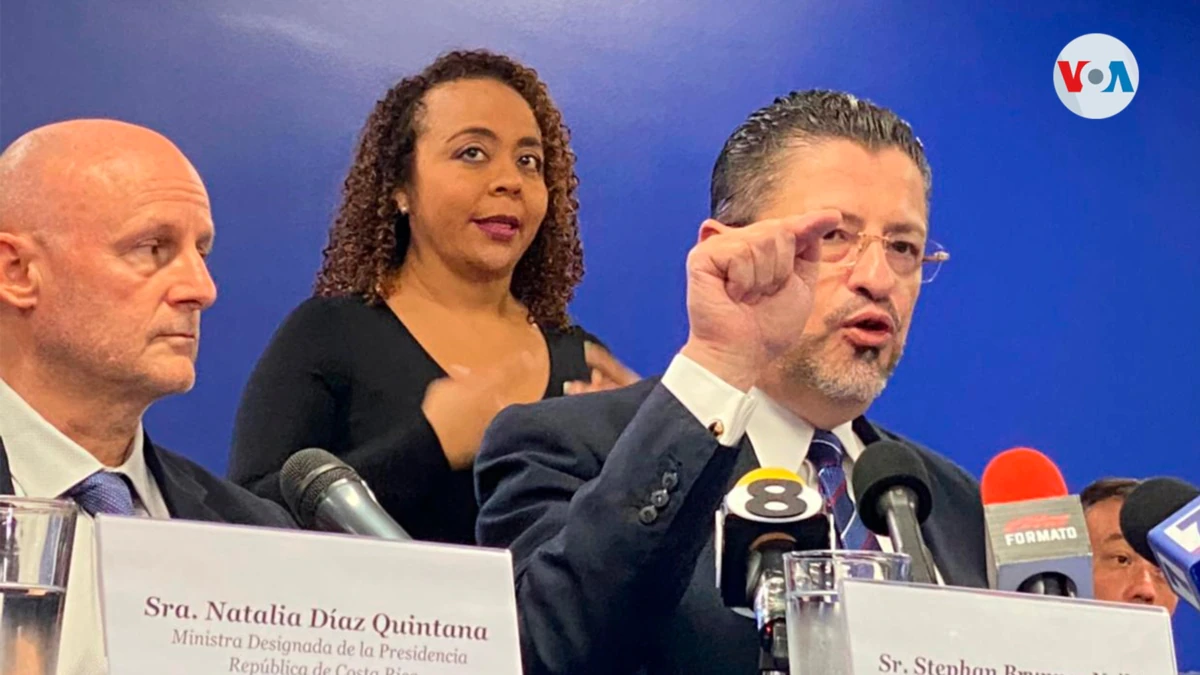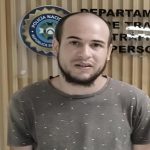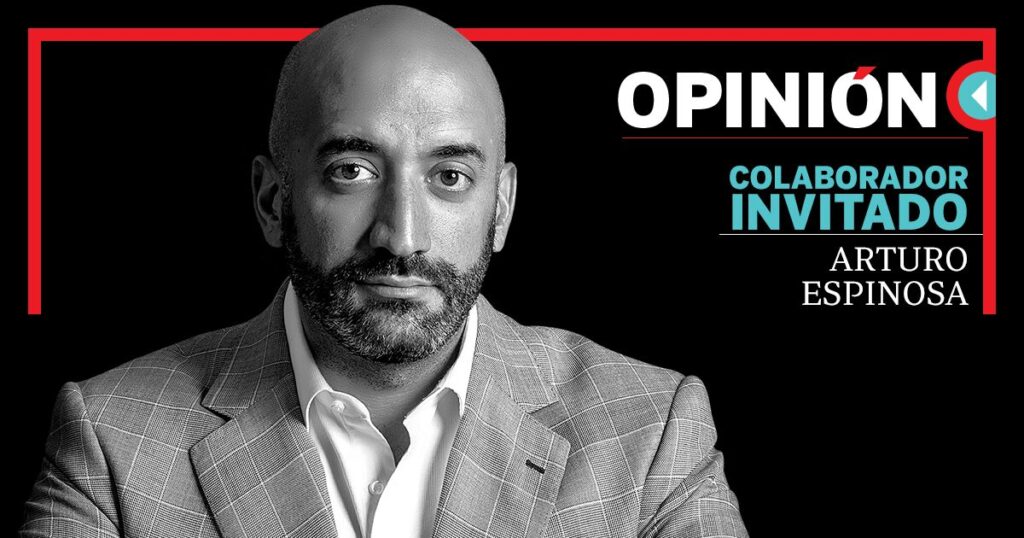The expulsion on sunday of the Organization of American States (OAS) of Nicaragua, would reconsider the decision of the new government of Costa Rica to send a diplomat to Managua, the president-elect, Rodrigo Chaves, reported this Friday.
Chaves, who initially indicated that I would appreciate the possibility of sending a diplomat to Nicaragua, referred to the issue when asked by journalists at a press conference where he presented his cabinet.
“We have not said that we are going to appoint an ambassador in Nicaragua. What we have said is that we are going to consider it, we continue to consider the possibility, obviously that the event of having removed the OAS from Nicaragua changes the equation,” said Chaves.
On repeated occasions, Chaves, who was elected in the second round that took place on April 3, had expressed the possibility of sending a representative to Managua, which even earned him criticism from the opposition National Liberation Party (PLN) who said he saw “with great concern” the statements of Foreign Minister-designate Arnoldo André, “about the regimes in Venezuela and Nicaragua.”
“Pretend to recognize the dictatorial regime in Venezuela, ignoring the damage to democracy and the perennial violation of human rights, which have been repeatedly pointed out by the international community; and sending ambivalent signals to the Nicaraguan regime, are wrong manifestations and great disregard of our values in terms of foreign policy,” the PLN said in a statement on Twitter.
With the outgoing government of Carlos Alvarado, relations with Managua have remained cold to the point of not sending a diplomat since June 2018.
In fact, Costa Rica, where there are more than 100,000 refugees as a result of the Nicaraguan crisis that began in 2018, ignored the general elections in Novemberin which Ortega won a new five-year term, after having imprisoned all the presidential candidates.
In a past interview with voice of americathe outgoing foreign minister of Costa Rica, Rodolfo Solano, said that relations between the two countries, although they were maintained with respect, during that period the demands for democracy generated friction with Managua.
Chaves is a 60-year-old economist who was recently elected. He will take office on May 8 at the plenary session of the Legislative Assembly of Costa Rica.
* Armando Gómez, a journalist for VOA, contributed to this report from San José.
Connect with the Voice of America! Subscribe to our channel Youtube and turn on notifications, or follow us on social media: Facebook, Twitter and Instagram
















